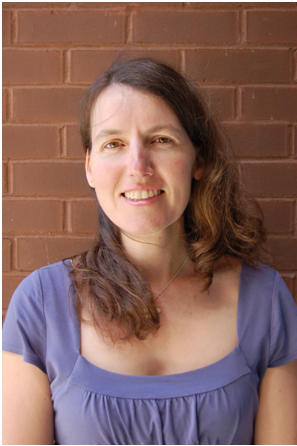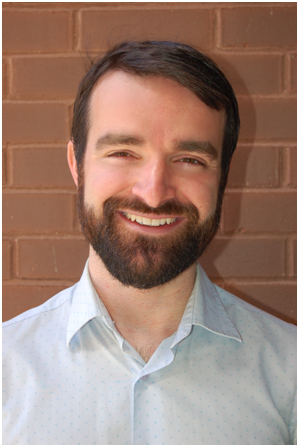Introducing Two CES Hub Research Assistants for Year 2.
Magda Goemans Michael Lait


The Community Environmental Sustainability (CES) Hub of the CFICE project aims to promote local actions that reduce carbon and ecological footprints, mitigate climate change, and lead to greater community resilience. For CES Academic Co-lead, Patricia Ballamingie, several skilled research assistants have helped her engage with community and not-for-profit groups on their sustainability projects and initiatives. “I help to connect the talents and expertise of my graduate students to groups within civil society seeking to advance sustainable community development,” says Ballamingie. What any given research assistant actually does is quite varied, and Magda Goemans and Michael Lait are two CES Hub research assistants that illustrate this point well. Both Magda and Michael have been involved in organizing projects related to environmental sustainability, but in different capacities.
Magda recently assisted a local neighbourhood organization, Sustainable Living Ottawa East (SLOE), in the planning and facilitation of its Deep Green Experts Forum. This event brought a wide variety of experts together to discuss opportunities and challenges associated with developing a prime area of urban greenspace in Old Ottawa East. SLOE is attempting to persuade developers to adopt more sustainable options for the site, including alternatives such as shoreline restoration, local connectivity, renewable energy, and affordable and seniors housing.
For Magda, organizing the forum has been a very intense but fulfilling experience. “I realized, when telling people about what I’ve been doing to prepare for the forum, how proud I am to be a part of this effort,” Magda says. “A great deal of energy has gone into making this event happen, but I think it can provide real inspiration to other neighbourhoods that are facing similar development issues.” Magda hopes to continue working with SLOE members into the summer months and beyond, as this RA work complements nicely with her doctoral research on community sustainability within Carleton’s Department of Geography and Environmental Studies (Magda’s research focuses more specifically on sustainability as it relates to climate change adaptation). As she explains: “I’ve worked with great community-based efforts as part of my professional background before returning to school, but in this case it’s been a particular thrill for me to observe the work of such a motivated and effective group.”
Michael’s role in the CES Hub is twofold. First, he is helping in the organization of the Ottawa Eco-Talent Network (OETN). The OETN is a start-up volunteer organization that provides pro-bono research and consulting services to community and not-for-profit groups on their sustainability projects and issues. Working as a CFICE RA for the OETN, Michael was mentored by an OETN advisor, Norman Moyer, a past Government of Canada Assistant Deputy Minister. Norman guided Michael through the preparation and delivery of the OETN’s business case, which was recently adopted by the OETN steering committee. “I didn’t go into sociology ever thinking I would produce a business case, but working with Norman has easily been one of the best experiences of my PhD so far”, Michael says. In the development of the business case, Norman and Michael facilitated a focus group with the client, the OETN steering committee, from which the organization’s goal, strategies, and plans were derived. Afterwards, Michael produced a report summarizing key themes and issues remaining in the OETN’s development. “The brainstorming session—held at Norman’s suggestion—was of immense benefit to the group’s formation and maturation: not only did it tease out subtle differences of opinion, but also showed the issues where consensus had been reached,” Michael added.
The second role Michael occupies in the CES Hub is that of a Knowledge Mobilization consultant, where he will profile community events, campus initiatives, and local issues on the CFICE KM blog. “I think that my doctoral research and work as a CFICE RA are actually linked through knowledge mobilization.” Michael’s research charts the formation of a conservation group, which contested the federal government’s planning and development of Gatineau Park in the late 60s. “I wonder if the Occupy Gatineau Park movement would have had more success if the earlier struggles of conservationists against the highway development were better known.” Michael went on to explain that, before road construction was underway in the mid-70s, conservationists had tried to convince the National Capital Commission of an alternate route, presenting the federal agency with a realignment plan prepared by a road engineer. “Scientific evidence and expert opinion often don’t influence official plans and policies, and I’d like my research to help identify political and institutional blockages to knowledge mobilization, and seek out ways of overcoming them,” Michael said.